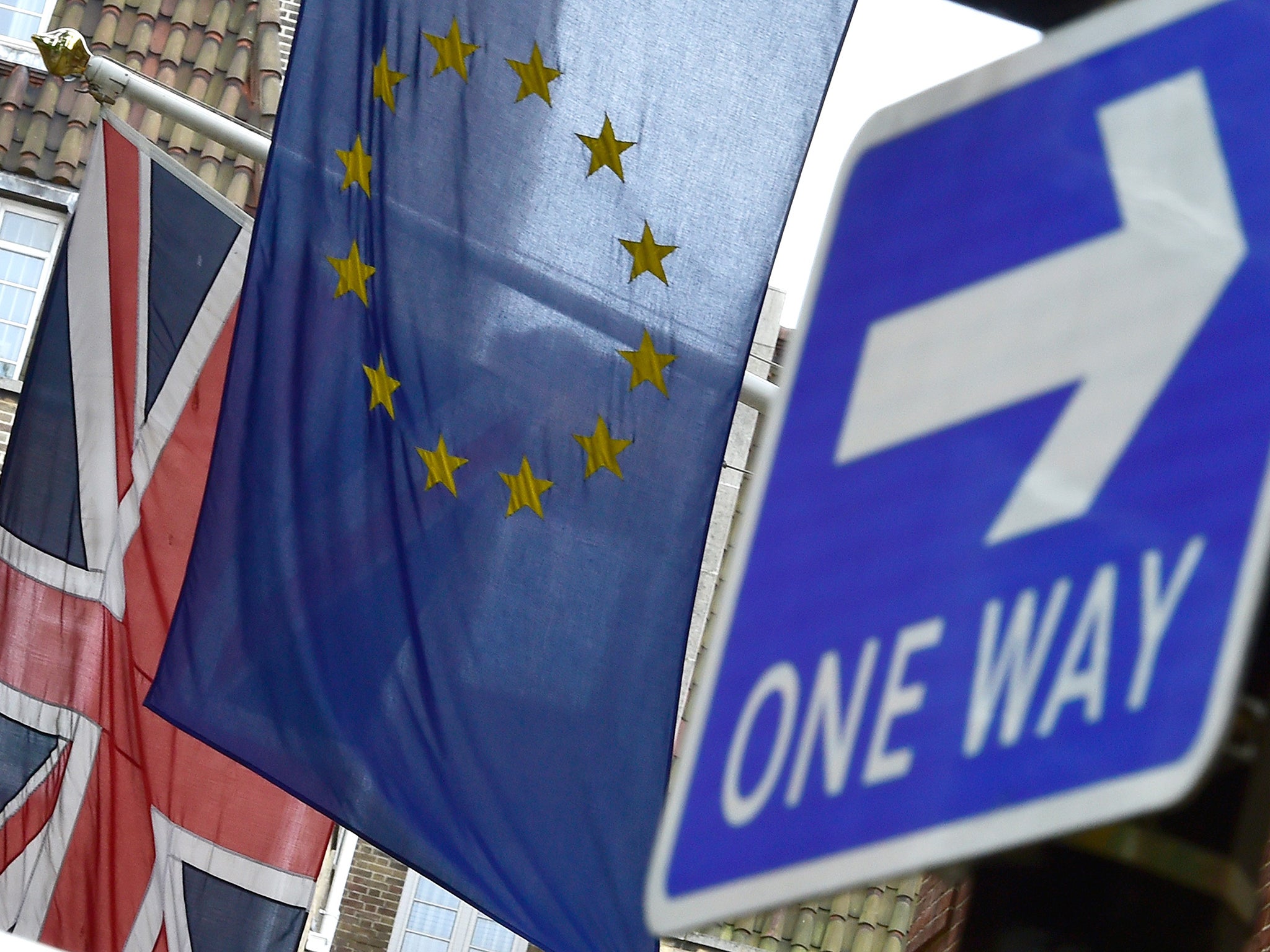EU citizens who left UK because of pandemic set to lose right to live in Britain
Those with pre-settled status who stayed with families may not be able to return

Your support helps us to tell the story
From reproductive rights to climate change to Big Tech, The Independent is on the ground when the story is developing. Whether it's investigating the financials of Elon Musk's pro-Trump PAC or producing our latest documentary, 'The A Word', which shines a light on the American women fighting for reproductive rights, we know how important it is to parse out the facts from the messaging.
At such a critical moment in US history, we need reporters on the ground. Your donation allows us to keep sending journalists to speak to both sides of the story.
The Independent is trusted by Americans across the entire political spectrum. And unlike many other quality news outlets, we choose not to lock Americans out of our reporting and analysis with paywalls. We believe quality journalism should be available to everyone, paid for by those who can afford it.
Your support makes all the difference.Thousands of EU citizens who left the UK temporarily because of the coronavirus pandemic are set to lose their long-term right to stay in Britain under Home Office rules.
The government has granted settled status to 4.3 million European Union citizens since it voted to leave the EU.
But it has given 1.5 million of those people just a provisional right to remain - so-called "pre-settled status".
This lesser right can lapse if someone leave the UK without a good reason for more than six months.
The government has said that rules allowing people to stay away for a longer period - 12 months - without losing their status will apply if they have been seriously ill or kept away by quarantine regulations.
But ministers are refusing to relax the requirements further and extend the longer protection to people forced out for economic reasons.
Cabinet office minister Michael Gove earlier this week boasted that the UK had more EU citizens in it than some member states.
He told a parliamentary committee that the figure "gives a lie to some of the nonsense that was propagated at the time of the Brexit vote that somehow the UK was less welcoming or that EU citizens would leave".
But with the pandemic closing the UK's hospitality sector and employment opportunities drying up, many have returned to stay with their families in other countries.
A research paper by academics the Economic Statistics Centre of Excellence published in January estimated that around half a million non-UK born workers had left the UK during the pandemic – many of them EU citizens.
"For many migrants, especially those from eastern, central and south-eastern Europe and especially those who have arrived recently or have family back home, the choice would have been to stay here, with no job, less or no money, and pay for relatively expensive rented accommodation – or return home to family, with lower costs and most likely less risk of catching Covid," the paper, written by Michael O'Connor and Jonathan Portes said.
Asked about the situation, immigration minister Kevin Foster said: “The Withdrawal Agreement allows for someone to be away for up to a year for an important reason.
“We appreciate the pandemic has had an impact on many people’s ability to travel and we have been clear those with pre-settled status will not be affected if illness or quarantine restrictions have caused them to be absent from the UK for a single period of up to 12 months.”


Join our commenting forum
Join thought-provoking conversations, follow other Independent readers and see their replies
Comments